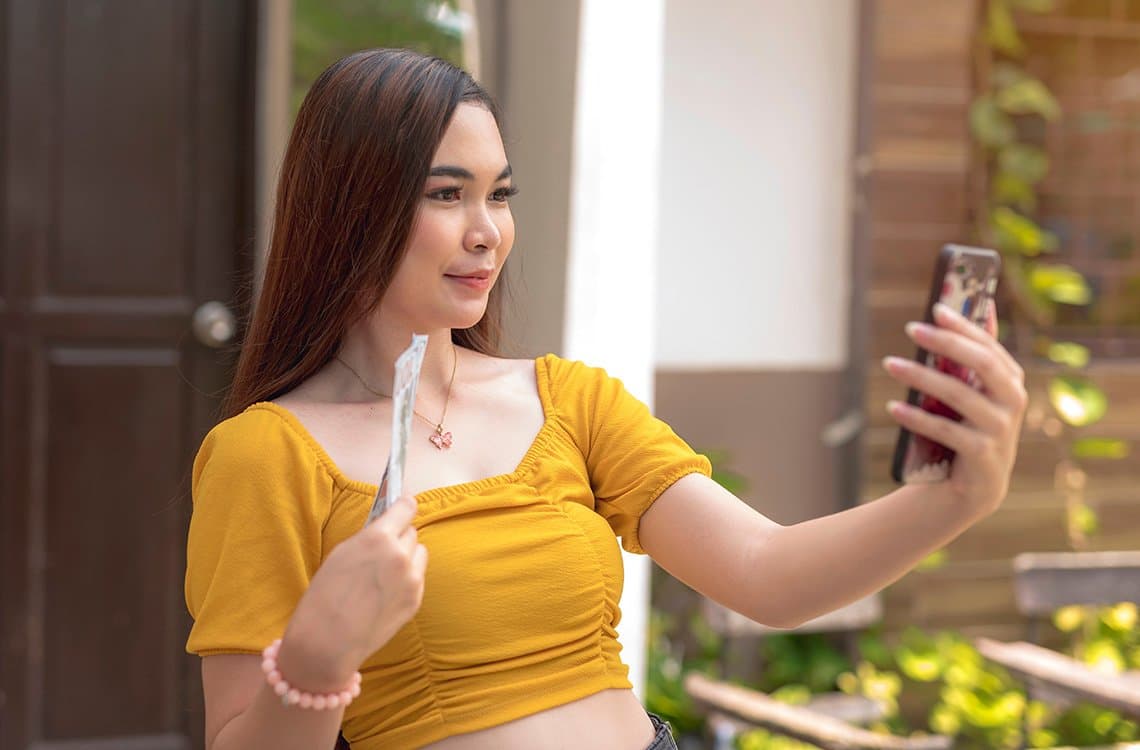
TikTok Trends Celebrate Cool Cash
Following the financial challenges of the pandemic and subsequent surging inflation, Gen Z is turning to cash to help manage squeezed budgets, and TikTok users are finding ways to make it fun.
Bloomberg reports on one trend that’s seeing users breaking open bottles in which they’ve been stashing banknotes for months, giving the classic piggy bank a fresh twist. In another, people are organising cash into envelopes dedicated to essential expenses and savings, then enjoying anything leftover as—in their minds—‘basically free money’.
Another factor encouraging cash use has been discounts offered by small businesses seeking to avoid soaring fees associated with cards. Bloomberg points out this has the added benefit of avoiding credit card debt, with the average credit card interest rate recently reaching 16.98 percent according to CreditCards.com.
Gen Z consumers—those born between the mid-1990s and the 2010s—already prefer to pay cash, according to a Bank of America Global Research survey conducted in ten countries around the world, and the ‘vintage vibe’ of banknotes and coins is part of their appeal.
Gen Z is a throwback generation. The act of carrying cash is still new and different. They’re [also] in a place where they’re trying to limit risk. They want to know about fees and all of the costs associated with a payment method. Cash is this tangible store of value without surprises that allows them to limit their spending.
Bloomberg suggests young people are looking at the financial struggles of older friends and family members and many are concluding debt needs to be avoided entirely, with 64 percent of Gen Z saying they do not have a credit card.
TikToker Laura Castellanos, 23, is an enthusiastic user of the envelope ‘cash stuffing’ technique for keeping track of her spending. With some 11 million views of her videos on how to use the technique to save and enjoy more leisure money, she says cash grants her full control of her finances.
When we’re using cash, we are taking control of our money instead of it controlling us.
